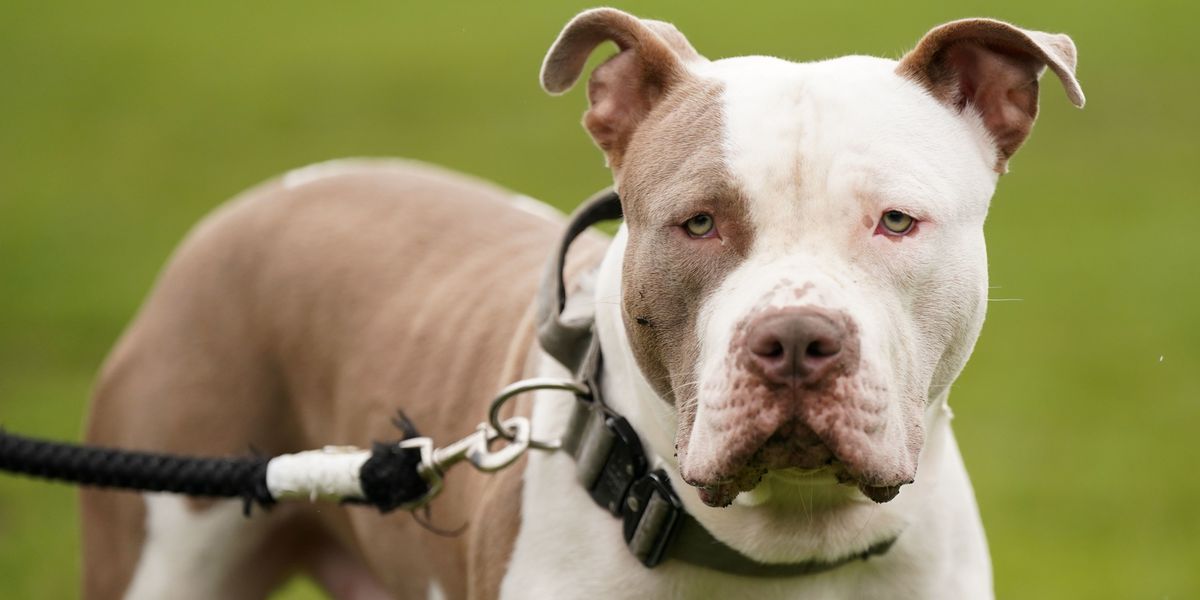The Supreme Court is allowing a ban on TikTok to go into effect in in the United States just days before President-elect Donald Trump is sworn into office.
The court issued its decision on Friday after TikTok argued a law banning the popular video streaming app violated users First Amendment rights.
'We conclude that the challenged provisions do not violate petitioners’ First Amendment rights,' the country's highest court wrote in its decision, which reaffirming an appeals court ruling.
Protesters outside the Supreme Court as it heard oral arguments on the TikTok ban January 10
TikTok has roughly 170 million users in the U.S.
Earlier this year, Congress passed a law banning TikTok unless its Chinese parent company ByteDance sells its stakes by January 19, 2025.
Lawmakers passed the bill amid concerns that the wildly popular social media app is a national security concern with the collection of Americans' data.
But after months, no deal materialized.
Some 170 million Americans use the video app, and some warned that banning the app would disrupt the business and livelihoods of millions.
Despite the ban set to go into effect on Sunday, Biden signaled he would not enforce it leaving it to President-elect Trump who takes office Monday.
Trump once agreed TikTok was a threat, but he has since changed his tune and asked the Supreme Court to delay enforcing the ban.
Last month, Trump met with TikTok CEO Shou Zi at his Mar-a-Lago estate and signaled he wanted to stop the ban.
'I have a little bit of a warm spot in my heart I'll be honest,' Trump said of the video streaming app. He credits the app for helping him make gains with young people in the election.
The CEO of TikTok will be in attendance for Trump's inauguration on Monday.

 By Daily Mail (U.S.) | Created at 2025-01-17 15:10:25 | Updated at 2025-01-17 20:38:26
5 hours ago
By Daily Mail (U.S.) | Created at 2025-01-17 15:10:25 | Updated at 2025-01-17 20:38:26
5 hours ago







